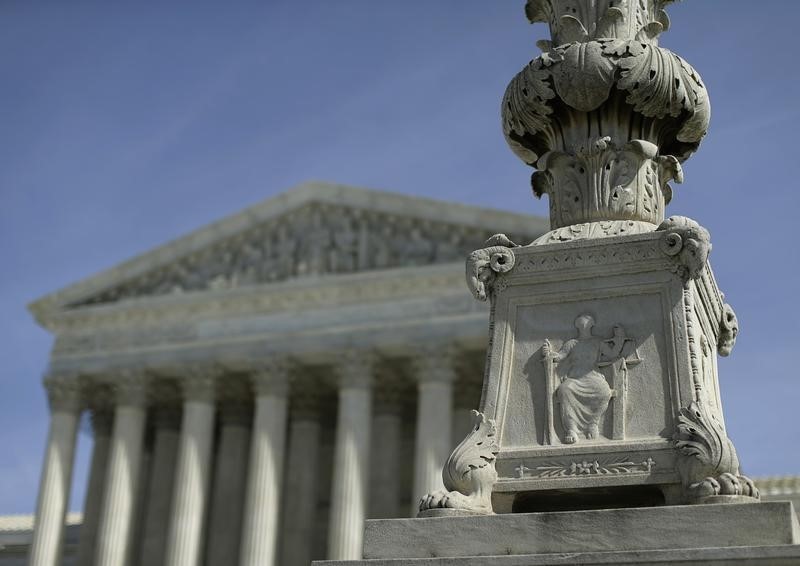(Reuters) - A business group said on Monday it was asking the U.S. Supreme Court to hear its appeal of a lower-court ruling tossing out its challenge of part of Seattle's law to increase the minimum wage.
The International Franchise Association, which brought its lawsuit against the city in June 2014, says the law favors independent businesses because it requires franchises like McDonald's and Burger King to phase in the new $15 minimum wage more quickly.
"Our appeal has never sought to prevent the City of Seattle's wage law from going into effect," association President Robert Cresanti said in a statement.
"Our appeal to the Supreme Court will be focused solely on the discriminatory treatment of franchisees under Seattle's wage law and the motivation to discriminate against interstate commerce," he said.
The association's lawsuit challenges the law's treatment of franchises as subsidiaries of parent companies, rather than completely separate businesses.
Representatives for the city could not be immediately reached for comment. Commenting on the lawsuit last year, Seattle Mayor Ed Murray, a Democrat who championed the wage hike, said: "Rather than investing in lawyers to prevent workers from earning higher wages, it is time for these large businesses to begin investing in a higher minimum wage for their employees."
A federal judge last March denied the group's lawsuit, saying it failed to back up its discrimination claims. The 9th U.S. Circuit Court of Appeals upheld that decision in September.
The law, which took effect on April 1 last year, requires businesses in Seattle with more than 500 employees nationwide to raise their minimum wage to $15 by 2018. Smaller companies have until 2021.
Seattle is among a number of large U.S. cities to pass laws raising the minimum wage above $10 an hour. The franchise association's lawsuit could have an impact in cities like Chicago and San Francisco.

The association said it expected the Supreme Court to say in the spring whether it would take the case.